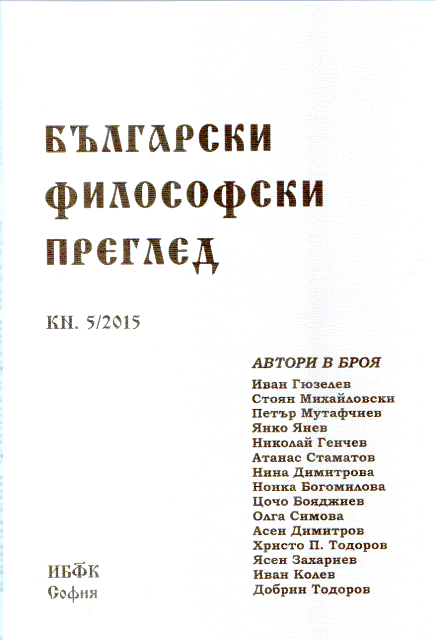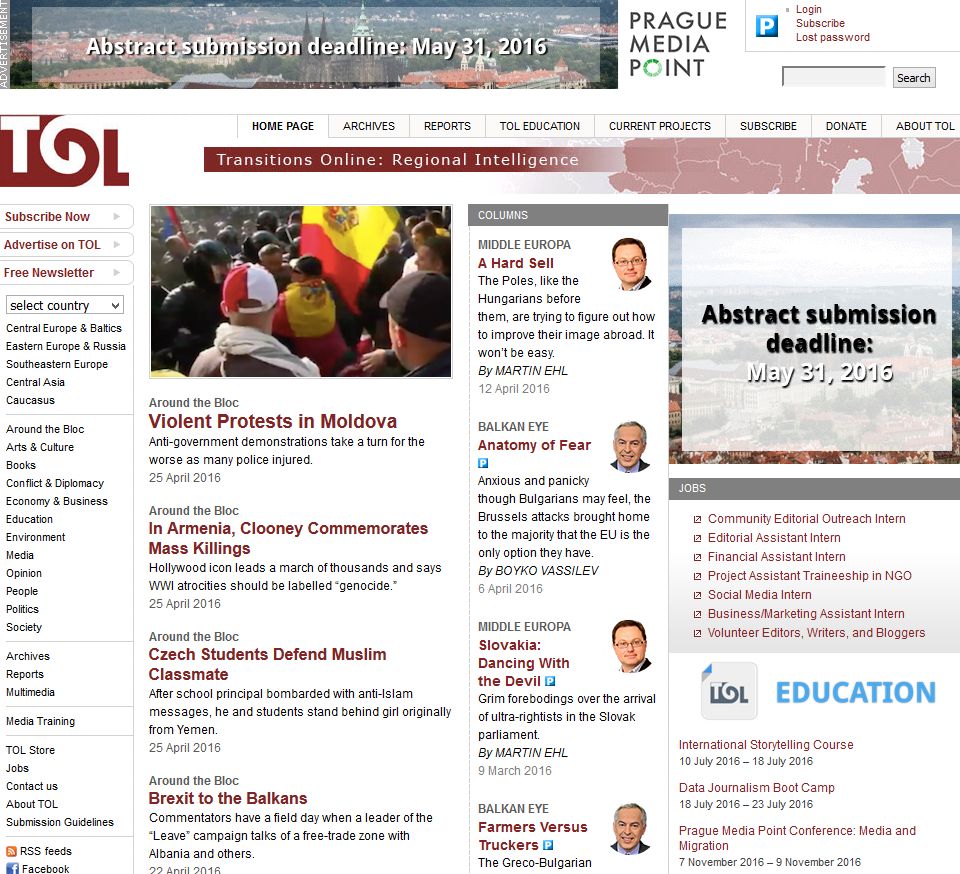БЕЛЕЖКИ КЪМ ФИЛОСОФСКИТЕ ПРОЧИТИ НА БЪЛГАРСКАТА ИСТОРИЯ
Author(s): Atanas Stamatov / Language(s): Bulgarian
/ Issue: 5/2015
Keywords: phylosophy; Bulgarian history
The paper analyses a set of texts usually referred to in our post-liberation humanities as “philosophy of the Bulgarian history”. The authors, who wrote on this topic, aimed to propose not only philosophically viable but also authentically Bulgarian reading of our history. The epistemological optics used by them to achieve this aim remind of the Weber’s “ideal types” as a means for rationalizing reality. The choice of the determinant is rational in view of the aim to define the unique Bulgarian nature during the studied period and the remaining factors of the historical past are constellated functionally around it using the logical operation “limitation”. Although the studied authors (I. Gjuzelev, St. Mihailovski, P. Mutafchiev, I. Ianev, St.Popov, V. Mutafchieva, N. Genchev, etc.) used different instruments, they reached common conclusions about the historical memory and the mentality of the Bulgarians. They are permanently marked by the feeling fora deficit of historical time. The solution is sought in the strategy for catching development and the means for its direct implementation lies in copying foreign experiences. However, one can see in the mechanical borrowing one of the reasons for the fragmentation of our historical being, the lack of consistency and continuity in our cultural and historical life. With regard to the historical space, conceived as ethnic, cultural and national land, it is mostly considered through the social dynamics of the geopolitical crossroad which is coded in the binary opposition “East-West”. The chronotopic characteristics are set in the problem of the identityand the appeal for transforming the tradition into self-constructing strategy for the future. The reasons for putting forward these questions lead us both to the “history as a thought” and the “history as an action”. The first case refers to the place and role of philosophy with regard to the historical synthesis. The second one refers to the causes which are rooted into experiencing the social crises which mobilize “the will for ethos”. The events in Bulgaria after 1989 put into focus the need for a new philosophical reading of our national history. Logically, it should be based upon the Bulgarian idea, laid down by St. Popov as “self-realization of the Bulgarians fed by their realized cultural appurtenance to Europe” and should be carried out,evading the “big ideologies”, via metamorphosing of a typically Bulgarian cultural model which have been formed throughout history.
More...


